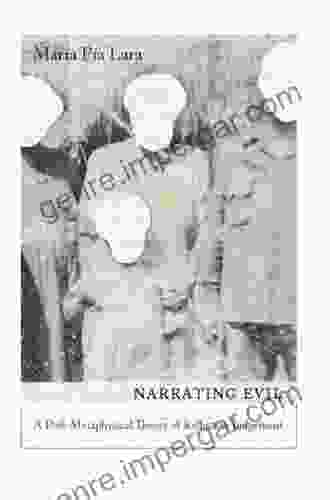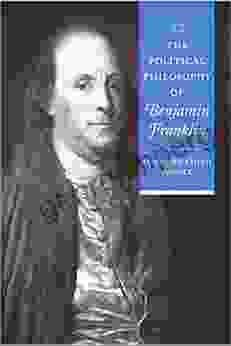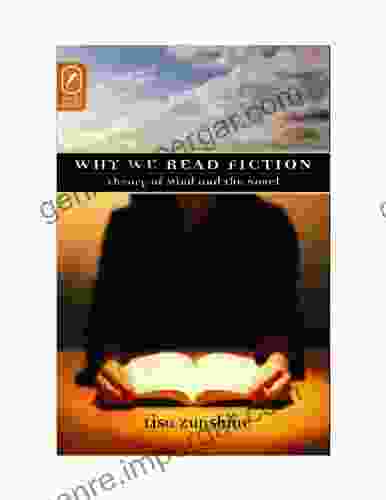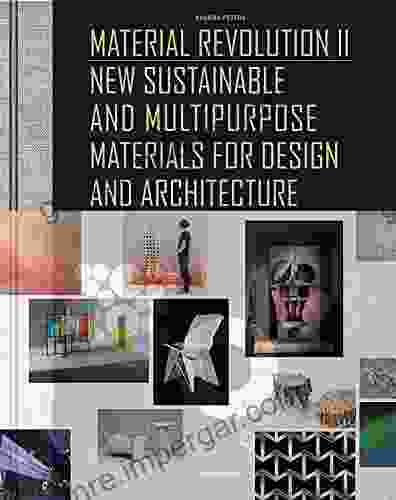Postmetaphysical Theory of Reflective Judgment: A Path to Critical Thinking in an Uncertain World

5 out of 5
| Language | : | English |
| File size | : | 525 KB |
| Text-to-Speech | : | Enabled |
| Enhanced typesetting | : | Enabled |
| Word Wise | : | Enabled |
| Print length | : | 245 pages |
| Screen Reader | : | Supported |
Redefining Critical Thinking in a Postmodern Era
In his seminal work, Postmetaphysical Theory of Reflective Judgment, philosopher John P. Christman offers a profound challenge to traditional notions of critical thinking. Christman argues that the quest for absolute truth and certainty, which has long characterized Western philosophy, is not only unattainable but also counterproductive. Instead, he advocates for a postmetaphysical approach to critical thinking that embraces the complexities and uncertainties inherent in human understanding.
Christman's theory is grounded in the idea that judgment is not a mere mechanical application of logical rules or a detached, objective process. Rather, it is a multifaceted act that involves interpretation, dialogue, and a deep understanding of the context in which decisions are made. By recognizing the role of emotion, intuition, and subjectivity in human judgment, Christman provides a more holistic and nuanced view of critical thinking.
Navigating Complexity and Uncertainty
In a world characterized by rapid technological advancements, societal transformations, and conflicting viewpoints, the ability to navigate complexity and uncertainty is paramount. Christman's postmetaphysical theory of reflective judgment offers valuable guidance in this regard. By acknowledging that our knowledge and understanding are always incomplete and provisional, we can approach complex issues with humility and a willingness to engage in dialogue with diverse perspectives.
Christman emphasizes the importance of recognizing the limits of our knowledge and the need for ongoing reflection and revision. Rather than striving for closure or final answers, we should embrace the dynamic and evolving nature of human understanding. This mindset fosters a healthy skepticism and a willingness to question our assumptions and biases.
Applications in Ethics, Aesthetics, and Education
The postmetaphysical theory of reflective judgment has wide-ranging applications in various fields, including ethics, aesthetics, and education. In ethics, it challenges the notion of universal moral principles and emphasizes the importance of contextual sensitivity and dialogue in making ethical decisions. In aesthetics, it provides a framework for understanding and appreciating the subjective and experiential nature of art.
In education, Christman's theory has significant implications for teaching and learning. It encourages educators to move away from didactic approaches and embrace an inquiry-based pedagogy that fosters critical dialogue and reflective thinking. By recognizing the complexities of human understanding, educators can create learning environments that empower students to engage with uncertainty and develop informed perspectives.
Postmetaphysical Theory of Reflective Judgment is a groundbreaking work that revolutionizes our understanding of critical thinking. By embracing complexity and uncertainty, it provides a powerful framework for navigating the challenges and opportunities of the 21st century. Whether you are a philosopher, educator, or anyone seeking to enhance their critical thinking skills, this book is an indispensable resource.
5 out of 5
| Language | : | English |
| File size | : | 525 KB |
| Text-to-Speech | : | Enabled |
| Enhanced typesetting | : | Enabled |
| Word Wise | : | Enabled |
| Print length | : | 245 pages |
| Screen Reader | : | Supported |
Do you want to contribute by writing guest posts on this blog?
Please contact us and send us a resume of previous articles that you have written.
 Book
Book Novel
Novel Page
Page Chapter
Chapter Text
Text Story
Story Genre
Genre Reader
Reader Library
Library Paperback
Paperback E-book
E-book Magazine
Magazine Newspaper
Newspaper Paragraph
Paragraph Sentence
Sentence Bookmark
Bookmark Shelf
Shelf Glossary
Glossary Bibliography
Bibliography Foreword
Foreword Preface
Preface Synopsis
Synopsis Annotation
Annotation Footnote
Footnote Manuscript
Manuscript Scroll
Scroll Codex
Codex Tome
Tome Bestseller
Bestseller Classics
Classics Library card
Library card Narrative
Narrative Biography
Biography Autobiography
Autobiography Memoir
Memoir Reference
Reference Encyclopedia
Encyclopedia Lorna J Sass
Lorna J Sass Luc Delannoy
Luc Delannoy Patrick Thibeault
Patrick Thibeault Rosa Amelia Plumelle Uribe
Rosa Amelia Plumelle Uribe Leslie Aiello
Leslie Aiello Levison Wood
Levison Wood Louis Romano
Louis Romano Shoo Rayner
Shoo Rayner Lisa Ferland
Lisa Ferland Louise Duhamel
Louise Duhamel Lois Demarco
Lois Demarco Marc Bungenberg
Marc Bungenberg Marc Bourgeois
Marc Bourgeois Lloyd Llewellyn Jones
Lloyd Llewellyn Jones Luca Pani
Luca Pani Lifecaps
Lifecaps Marcia Stanhope
Marcia Stanhope Malcolm Gladwell
Malcolm Gladwell Linda K Fuller
Linda K Fuller Jane Berger
Jane Berger
Light bulbAdvertise smarter! Our strategic ad space ensures maximum exposure. Reserve your spot today!
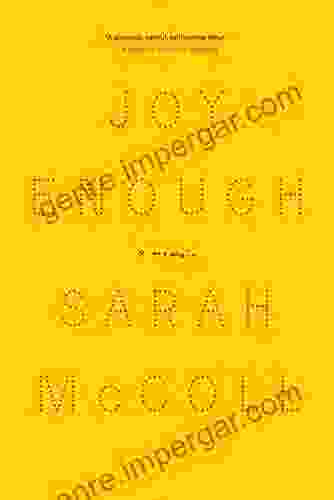
 Milton BellFinding Joy Amidst the Storms: An Exploration of Sarah McColl's "Joy Enough...
Milton BellFinding Joy Amidst the Storms: An Exploration of Sarah McColl's "Joy Enough...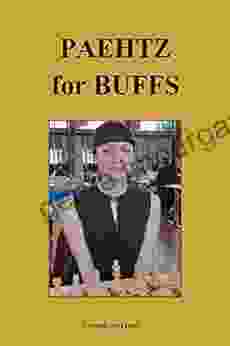
 Phil FosterPaehtz For Buffs: An Unparalleled Guide to the Alluring World of Decorative...
Phil FosterPaehtz For Buffs: An Unparalleled Guide to the Alluring World of Decorative...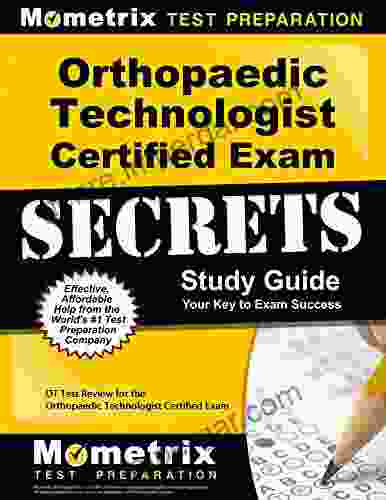
 Raymond ParkerUnlock Your Orthopaedic Technologist Certification Dreams: The Ultimate Study...
Raymond ParkerUnlock Your Orthopaedic Technologist Certification Dreams: The Ultimate Study... Franklin BellFollow ·17k
Franklin BellFollow ·17k Reed MitchellFollow ·19.9k
Reed MitchellFollow ·19.9k Eddie BellFollow ·8.7k
Eddie BellFollow ·8.7k Dwight BlairFollow ·14.2k
Dwight BlairFollow ·14.2k Donald WardFollow ·10.4k
Donald WardFollow ·10.4k Aleksandr PushkinFollow ·3.7k
Aleksandr PushkinFollow ·3.7k Bryan GrayFollow ·8.1k
Bryan GrayFollow ·8.1k Quentin PowellFollow ·15.7k
Quentin PowellFollow ·15.7k

 J.D. Salinger
J.D. SalingerThe Montefeltro Conspiracy Renaissance Mystery Decoded
In the heart of the Italian Renaissance, a...
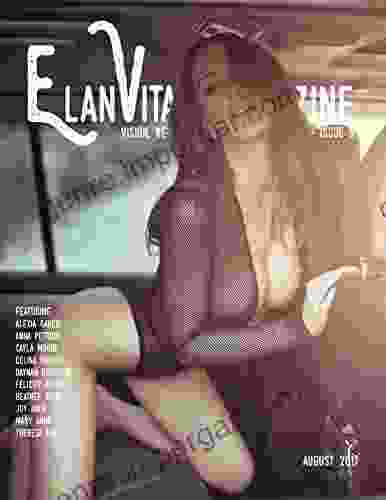
 Ryūnosuke Akutagawa
Ryūnosuke AkutagawaElan Vital Magazine: A Literary Sanctuary for the Mind...
In this fast-paced digital age, where...
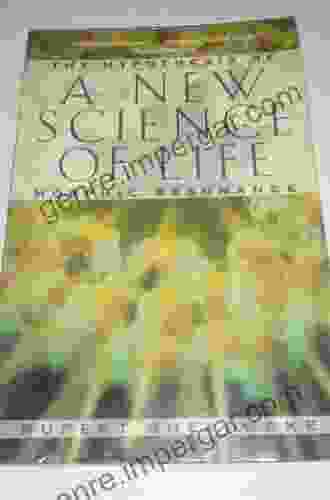
 Derek Bell
Derek BellCode Biology: Unveiling the New Science of Life
Every living organism, from...
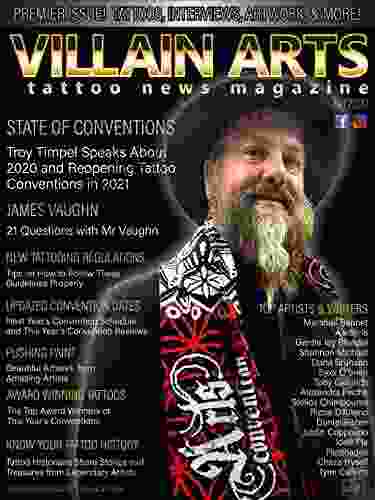
 Rick Nelson
Rick NelsonUnleash the Darkness: Dive into the World of Villain Arts...
Prepare to be...
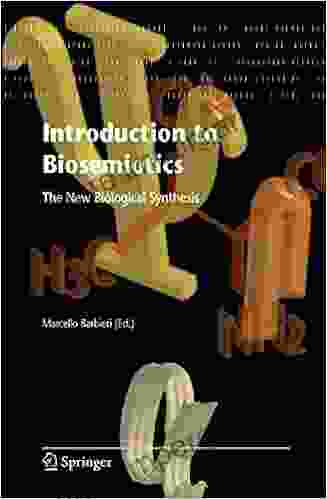
 Tony Carter
Tony CarterEmbark on a Scientific Odyssey: Unveil the Secrets of...
In an era where environmental concerns...
5 out of 5
| Language | : | English |
| File size | : | 525 KB |
| Text-to-Speech | : | Enabled |
| Enhanced typesetting | : | Enabled |
| Word Wise | : | Enabled |
| Print length | : | 245 pages |
| Screen Reader | : | Supported |


